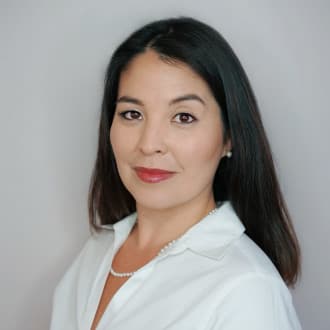College Presidents Criticized for Failing to Uphold Campus Free Speech Mission

Washington D.C. – Nicki Neily, founder and president of Parents Defending Education and Speech First, recently asserted that college presidents are "failing" their core mission by not adequately defending students' free speech rights. In a post on social media, Neily stated, "Higher ed is supposed to cultivate thought and encourage challenging ideas. College presidents who shy away from defending students’ free speech are failing that mission." Her remarks underscore a growing concern among free speech advocates regarding the state of open discourse on university campuses.
Neily's organizations, Speech First and Parents Defending Education, actively work to protect free speech and parental rights within educational institutions. Speech First, for instance, has engaged in litigation against universities over policies it argues suppress student expression, including successful settlements that led to policy changes at institutions like the University of Michigan. Her advocacy highlights a belief that a robust exchange of ideas is fundamental to higher education.
Recent data from the Foundation for Individual Rights and Expression (FIRE) supports the notion of a challenging environment for free speech. The 2026 College Free Speech Rankings revealed a continued decline in support for free expression among students across all political affiliations. For the first time, a majority of students indicated they would prevent speakers with controversial views from appearing on campus, reflecting a deep unwillingness to encounter challenging ideas.
The FIRE report, which surveyed over 68,000 students across 257 institutions, noted that 166 schools received an "F" grade for their speech climate, indicating a widespread issue. Greg Lukianoff, FIRE President and CEO, emphasized that this trend harms students' ability to think critically and exacerbates societal polarization. Universities like Harvard and Columbia were among those ranked lowest, while Dartmouth and Yale showed improvements through policy reforms and administrative support for open dialogue.
The debate over free speech on campuses has intensified amidst various controversies, including protests related to the Israeli-Palestinian conflict and increased scrutiny from political administrations. Critics argue that many institutions struggle to balance free expression with inclusivity and safety concerns, often leading to policies that inadvertently chill speech. Neily's call for college presidents to actively champion free speech resonates with a broader movement advocating for universities to remain true marketplaces of ideas.